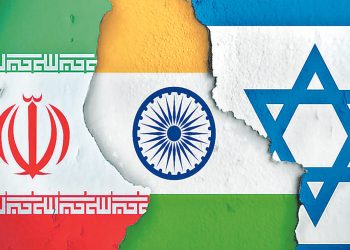The Wireless & Internet Service Providers Association of Pakistan (WISPAP) issued a statement on Monday in response to the ongoing debate surrounding the use of Virtual Private Networks (VPNs) in Pakistan.
The statement emphasized that VPN technology serves a dual purpose in today’s interconnected world. “While it certainly has the potential for misuse, its primary function is to ensure privacy, enable secure communication, and provide access to vital online resources for professionals, businesses, and individuals. Such tools are essential for economic growth, innovation, and the protection of digital freedoms, especially in global economies where secure communication is critical,” the statement read.
WISPAP highlighted that, from a regulatory standpoint, it is important to differentiate between the tool and its purpose. “Any technological tool – whether a VPN or something else – is inherently neutral. It is the intent behind its use that determines its ethical and legal implications. Regulatory efforts should aim at preventing harmful activities while not obstructing legitimate uses that drive progress and protect data integrity.”
The statement further clarified WISPAP’s strong support for responsible technology usage in accordance with national laws and societal values. However, it emphasized that this support should not come at the expense of equitable access to knowledge, commerce, and security.
WISPAP cautioned that blanket restrictions or generalizations about tools like VPNs risk marginalizing parts of society, particularly those who rely on them for legitimate purposes such as IT exports, financial transactions, and academic research.
As a key player in Pakistan’s internet ecosystem, WISPAP advocates for a balanced approach that aligns societal ethics with the technical realities of our digital age. “Collaboration between regulators, service providers, and society is crucial to ensure that the internet remains a productive and secure space for everyone,” the statement concluded.
WISPAP reaffirmed its commitment to creating a regulated yet enabling digital environment that respects societal values and legal standards, adding that the association is open to discussions and collaboration with all relevant parties to achieve these mutual goals.































